Unveiling the Origins: A Dive into the Intriguing History of Vodka.
- 2022-03-07 05:00:00
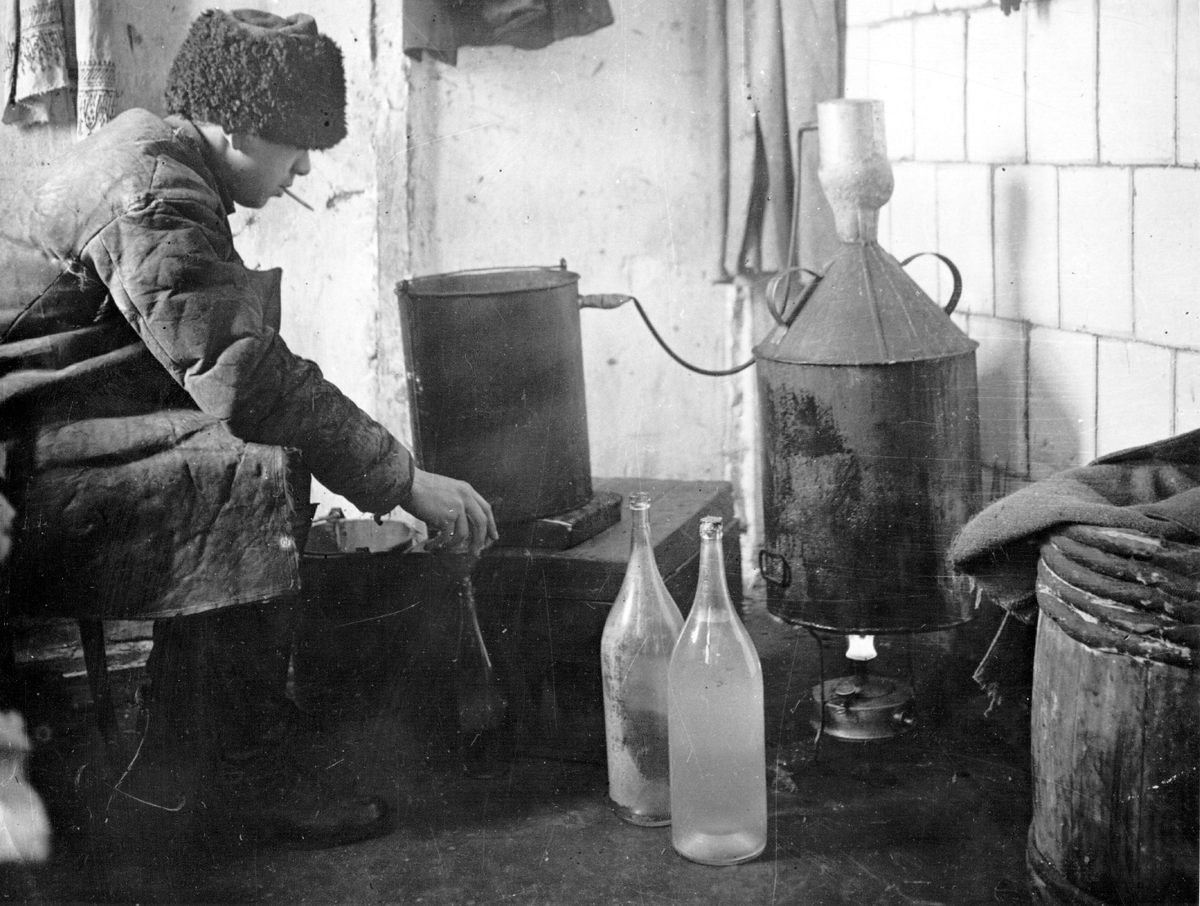
Vodka, with its clear, pure appearance and versatile nature, has a history as fascinating and diverse as the cultures that have embraced it. From its mysterious origins in Eastern Europe to its global prominence today, the story of vodka is a testament to the resilience, ingenuity, and enduring appeal of this iconic spirit. Join us as we embark on a journey through time to uncover the captivating history of vodka and its enduring legacy.
- Early Beginnings: The exact origins of vodka are shrouded in mystery and debate, with conflicting accounts and legends surrounding its inception. While it is widely believed that vodka originated in Eastern Europe, the precise time and place of its creation remain uncertain. Some historians trace the roots of vodka back to medieval Russia and Poland, where distilled spirits made from grains, potatoes, or other agricultural products were consumed for their medicinal and intoxicating properties.
- Rise of Russian Vodka: In Russia, vodka (derived from the Slavic word "voda," meaning water) emerged as a staple beverage in the late Middle Ages, with early references to distilled spirits appearing in Russian manuscripts as far back as the 14th century. Initially produced by monks and apothecaries for medicinal purposes, vodka gradually gained popularity among the Russian nobility and peasantry alike, becoming an integral part of Russian culture and tradition.
- Cultural Significance: Vodka played a central role in Russian social, religious, and culinary practices, serving as a symbol of hospitality, camaraderie, and national identity. It was consumed during celebrations, religious ceremonies, and everyday meals, and was often enjoyed in elaborate toasts and rituals. The Russian Orthodox Church even sanctioned the production and consumption of vodka, viewing it as a sacramental beverage with spiritual significance.
- Expansion to Poland and Beyond: While Russia is often credited with the invention of vodka, neighboring Poland also played a significant role in its early development. Polish nobles and distillers refined techniques for producing vodka from grains such as rye, wheat, and barley, leading to the creation of distinctive Polish vodka brands such as Zubrowka and Wyborowa. Polish vodka, known for its smoothness and purity, gained popularity throughout Europe, particularly in the royal courts and aristocratic circles.
- Industrialization and Standardization: The 19th century witnessed significant advancements in vodka production, driven by industrialization, technological innovation, and changing consumer preferences. Improvements in distillation equipment, filtration methods, and quality control measures led to the production of smoother, more consistent vodkas with higher alcohol content. Standardization of production processes and the introduction of government regulations helped ensure the quality and purity of vodka sold to consumers.
- Soviet Era: The Soviet Union played a pivotal role in shaping the modern vodka industry, with the state assuming control of production and distribution during the Soviet era. Under Soviet rule, vodka became a symbol of national pride and economic prosperity, with iconic brands such as Stolichnaya and Smirnoff gaining international recognition. Vodka production became a state monopoly, with strict regulations governing every aspect of the industry, from raw materials to labeling and packaging.
- Global Expansion: In the latter half of the 20th century, vodka's popularity spread beyond Eastern Europe to become a global phenomenon. Vodka brands from Russia, Poland, and other vodka-producing countries gained traction in international markets, appealing to consumers with their clean, neutral flavor profile and mixability in cocktails. The rise of vodka-based cocktails such as the Martini, Bloody Mary, and Moscow Mule further fueled vodka's popularity and cemented its status as a timeless classic.
- Craft Vodka Renaissance: In recent years, there has been a resurgence of interest in craft vodka, driven by a growing consumer demand for artisanal and small-batch spirits. Craft distillers around the world are experimenting with locally sourced ingredients, innovative distillation techniques, and unique flavor profiles to create distinctive and memorable vodkas. From organic and gluten-free options to flavored and infused varieties, craft vodka makers are pushing the boundaries of creativity and quality, appealing to a new generation of discerning drinkers.
- The Future of Vodka: As we look to the future, the outlook for vodka is bright and promising, with continued innovation, globalization, and consumer education driving the industry forward. With an emphasis on quality, authenticity, and sustainability, vodka producers are poised to meet the evolving tastes and preferences of consumers while honoring the time-honored traditions of their craft. As vodka continues to captivate and inspire drinkers around the world, its enduring legacy as a symbol of conviviality, craftsmanship, and cultural heritage remains as strong as ever.
In conclusion, the history of vodka is a testament to the resilience, ingenuity, and enduring appeal of this iconic spirit. From its mysterious origins in Eastern Europe to its global prominence today, vodka has captured the hearts and palates of people around the world, uniting them in a shared appreciation for craftsmanship, tradition, and the simple pleasure of a well-made cocktail. As we raise our glasses to toast the past, present, and future of vodka, let us celebrate the timeless spirit of conviviality, camaraderie, and enjoyment that vodka brings to our lives. Cheers to the fascinating history of vodka and the adventures that lie ahead!
Richard Parker, California
-
Recent Posts
-

Tequila, the elixir of agave, transcends mere libation to become a symphony of science, art, and alchemy. Join us on an expedition through the intricate world of tequila, where molecules mingle, flavors...
-
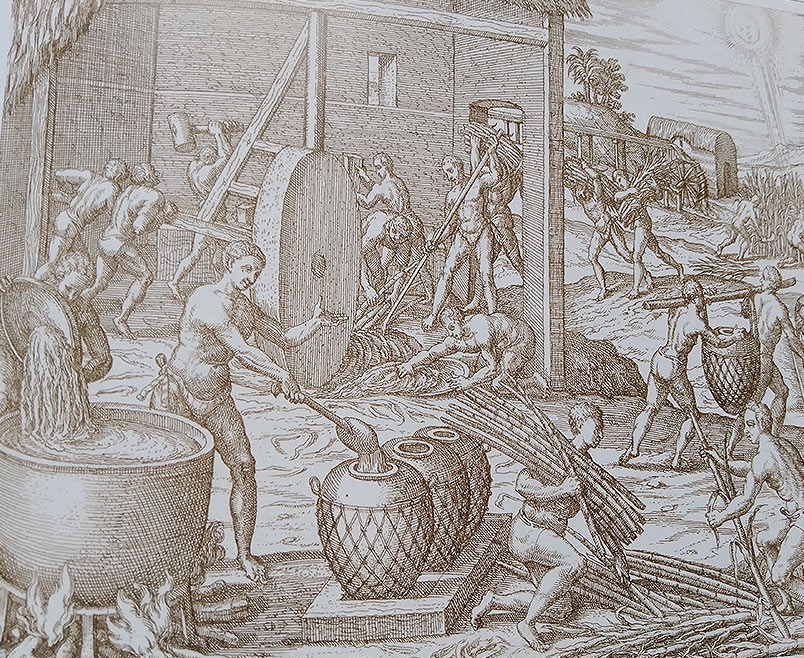
Rum, with its rich flavors and storied past, has woven itself into the tapestry of cultures and traditions around the world. From its origins in the sugarcane fields of the Caribbean to...
-

Vodka, with its clear, pure appearance and versatile nature, has a history as fascinating and diverse as the cultures that have embraced it. From its mysterious origins in Eastern Europe to its...
-

Whisky, with its complex flavors and rich heritage, has captured the hearts and palates of people around the world for centuries. From its humble beginnings in ancient civilizations to its global prominence...
-
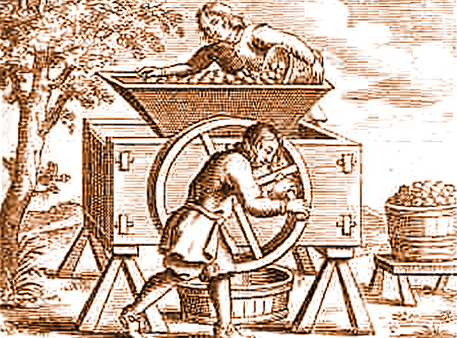
Cider, with its crisp and refreshing taste, has a history as rich and diverse as the apples from which it's made. From its ancient roots to its modern resurgence, cider has been...
-
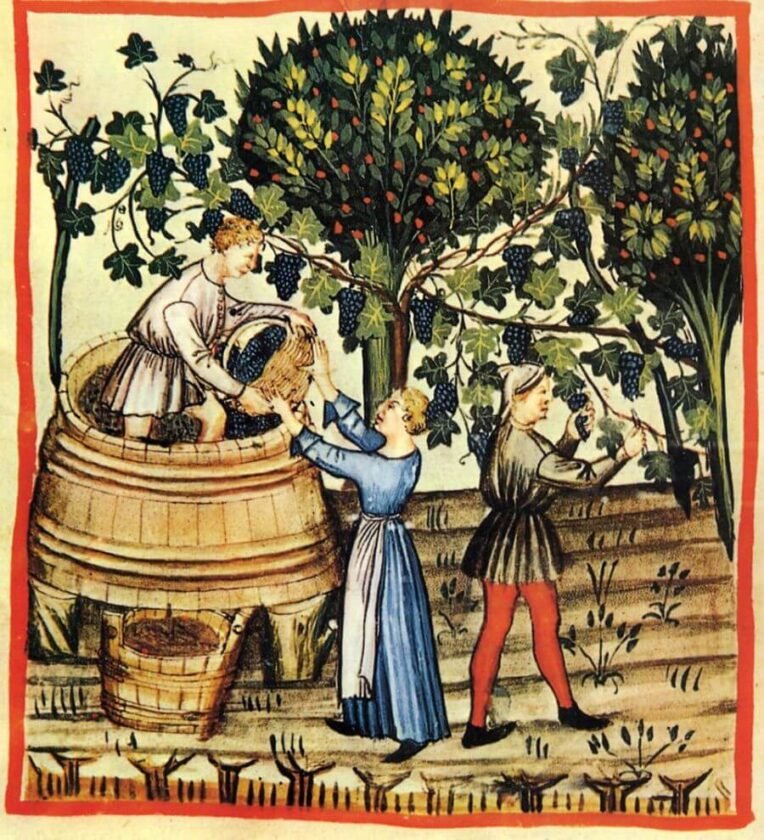
Wine, with its rich tapestry of flavors, aromas, and cultural significance, has been an integral part of human history for millennia. From its humble origins in ancient Mesopotamia to its global prominence...
-

Wine isn't just for drinking—it's also a versatile and inspiring medium for crafting and décor. Whether you're looking to add a touch of wine-inspired charm to your home or seeking unique gift...
-

There's no better way to explore the world of wine than by gathering friends and loved ones for a wine tasting party. Whether you're a seasoned oenophile or a curious novice, hosting...
-
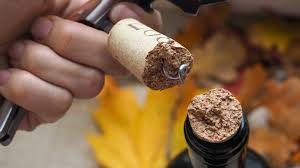
Wine, with its complexity and nuance, is a beverage cherished for its ability to delight the senses and evoke a myriad of flavors and aromas. However, like any agricultural product, wine is...
-
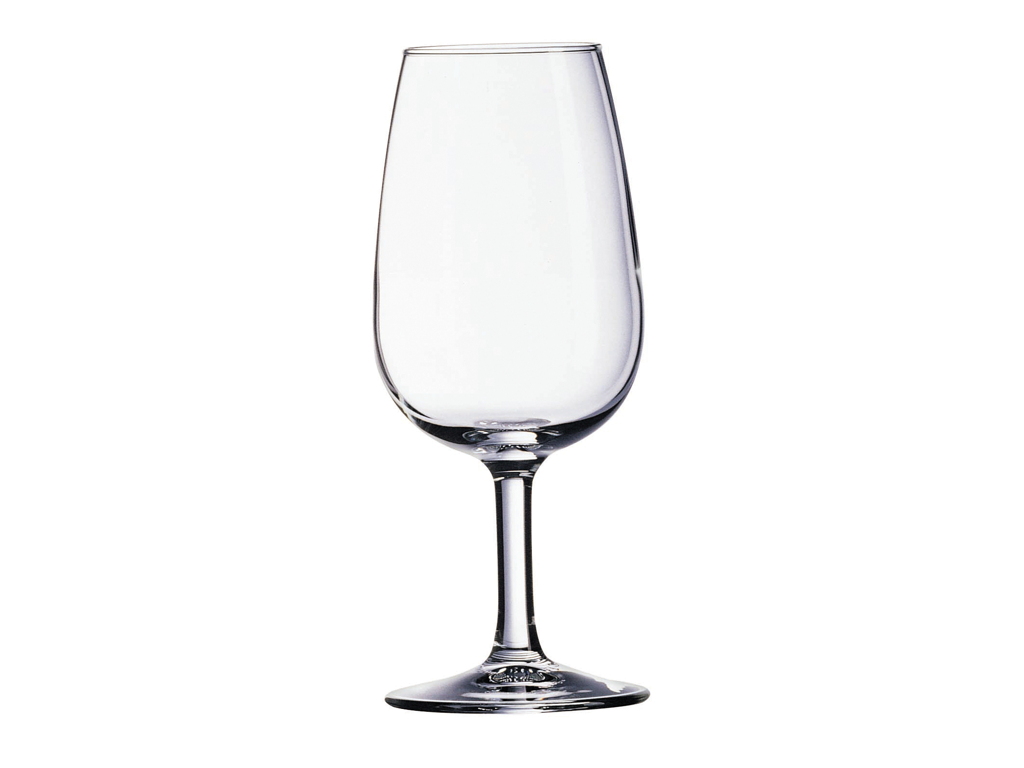
Selecting the right wine glass can significantly enhance your enjoyment and appreciation of wine, allowing you to fully experience its aromas, flavors, and nuances. With a wide array of shapes, sizes, and...
-
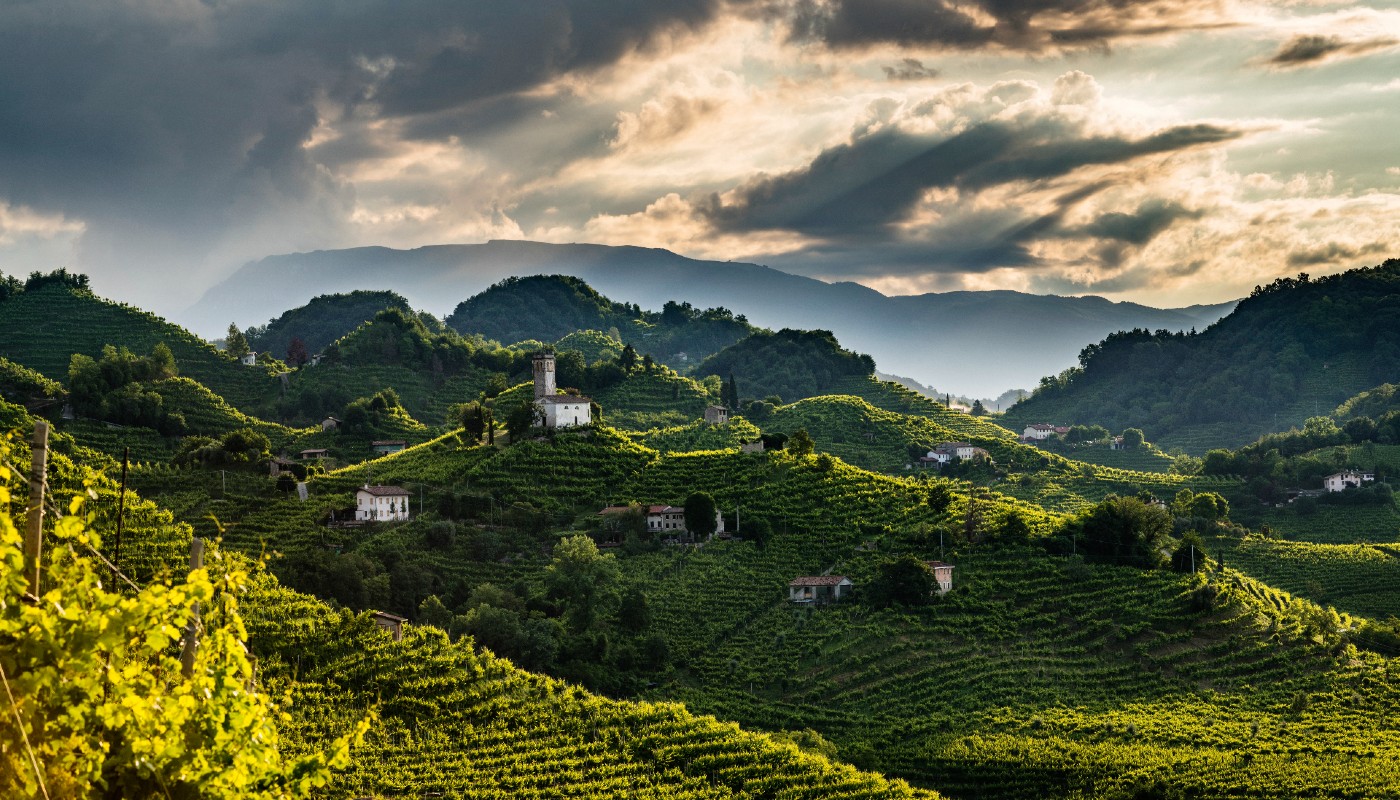
Nestled in the picturesque hills of the Veneto region in northeastern Italy lies the charming town of Conegliano, renowned as the birthplace of Prosecco and the epicenter of Italy's thriving sparkling wine...
-
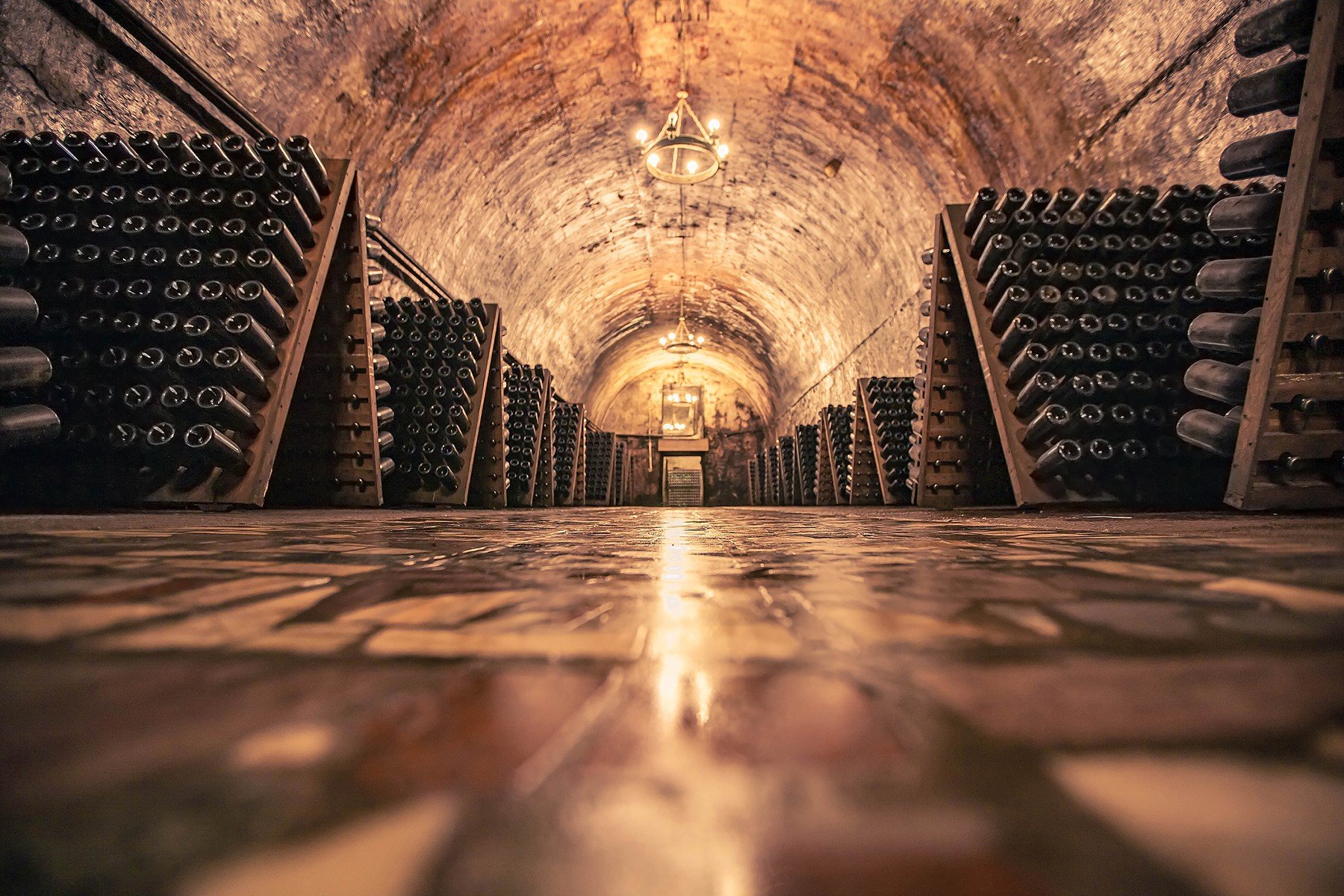
Champagne, the quintessential sparkling wine synonymous with celebration and luxury, is crafted through a meticulous and time-honored winemaking method known as the Méthode Champenoise. From grape to glass, the journey of Champagne...